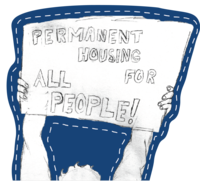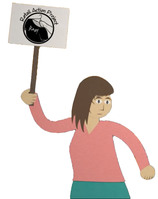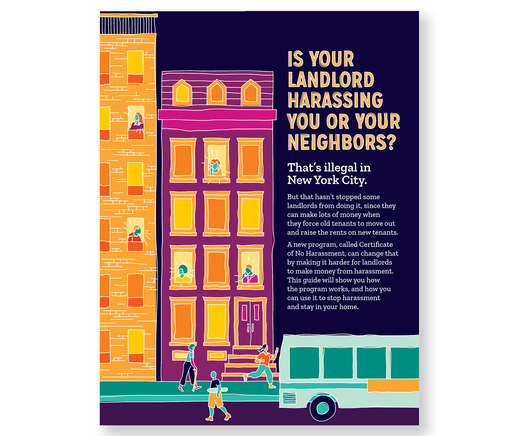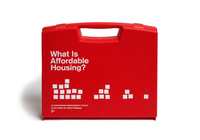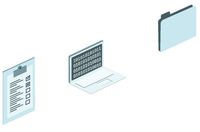 Is Your Landlord Harassing You or Your Neighbors?
Is Your Landlord Harassing You or Your Neighbors?
What can you do if your landlord is harassing you? Many New Yorkers face this problem as landlords throughout the city push out long-term tenants and raise rents to make a bigger profit. There is a great new policy that gives tenants a tool to fight harassment and displacement called the Certificate of No Harassment (CONH) program. The program requires landlords who want to renovate or tear down their building to get a “Certificate of No Harassment” from the NYC Department of Housing Preservation and Development (HPD) that says they have not harassed their tenants. The new program puts the burden on landlords to prove they are not harassing tenants, but it’s important for tenants to participate and report harassment and other violations.
CUP collaborated with the Association for Neighborhood & Housing Development (ANHD), Coalition Against Tenant Harassment (CATHnyc), the Community Development Project (CDP) and designer Alyana Citrin to create Is Your Landlord Harassing You or Your Neighbors? The illustrated, fold-out poster explains how the new CONH program works, what constitutes harassment and how tenants can assert their rights if being harassed.
You can get your Spanish copy here.
- 8.5″ × 11″ color pamphlet, unfolds to 25.5″ × 22″ poster
- $8.00
